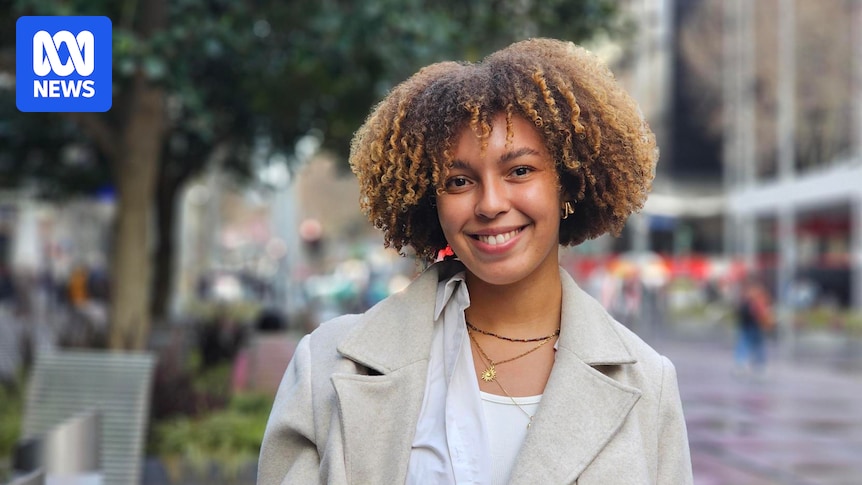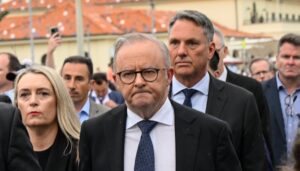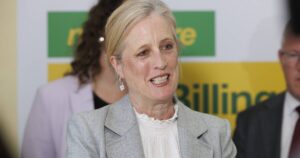
A nationwide “March for Australia” scheduled for Sunday has sparked mixed reactions among migrant communities across the country. While some migrants express feeling targeted by the event, others defend it as an exercise of free speech. The marches, which are planned in major cities, have been associated with white nationalist groups, leading to heightened concerns among affected communities.
The announcement of these “marches against mass migration” has left many migrants feeling anxious. Chloe Jiang, a nurse who has lived in Melbourne for a decade, shared her apprehensions about the upcoming event. “I feel a bit overwhelmed. I can’t imagine there are so many people against immigrants,” she told ABC News. Jiang, who is of Chinese descent, expressed fears of harassment in Melbourne’s central business district.
Flyers promoting the march have been circulating on social media, warning that participants might express anger towards migrants. “We are here to work, and we live just like any normal person would,” Jiang stated, emphasizing that there is no need for racism against migrant workers.
Community Concerns and Reactions
The marches have also stirred discussions among international students, a group that has been unfairly blamed by some politicians for rising rents, despite studies showing no such correlation. The federal government’s recent decision to increase the cap on international student intake by 9% next year has further fueled these debates.
Mihir Kuvadiya, an Indian student residing in Melbourne, shared his perspective on the situation. “I found out people over here are really nice,” he said, noting that occasional negative interactions are often misinterpreted as racism. Kuvadiya remains unfazed by the rallies, asserting, “This nation is built on immigration. If you are legal here, if you are paying taxes, I don’t think anyone can take you out of this place because you’re contributing something to the economy.”
However, not all international students share Kuvadiya’s optimism. Some, preferring to remain anonymous, expressed concerns about the growing boldness and aggression in public attitudes towards migrants, noting that such behaviors often go unchecked.
Safety Warnings and Precautions
In response to the planned marches, culturally diverse community groups have advised their members to avoid city centers on Sunday. Messages circulating on platforms like WhatsApp urge individuals to “stay inside” to avoid potential confrontations with right-wing protesters. “We advise you not to travel to the city … unless it is essential to avoid unwanted incidents,” read one such message.
Solene Michel, a recent arrival in Australia on a Work and Holiday visa, plans to heed this advice. “I knew I wouldn’t feel safe,” she said, acknowledging the pervasive nature of racism. “Being European, I’m kind of used to people not really being happy about immigration,” Michel added, reflecting on her experiences in both Europe and Australia.
Background and Organizers
The “March for Australia” has drawn scrutiny due to its organizers’ connections to white supremacist ideologies. An investigation by ABC News Verify uncovered social media posts from organizers promoting white supremacy, and in some instances, pro-Nazi and pro-Hitler content.
Francis, who migrated from Hong Kong at a young age, offered a different perspective. “I don’t have a lot of Asian friends, I grew up here … and my friend circle through my lifetime has been white people,” she said. While Francis has not personally experienced racism, she voiced concerns about migrants who do not integrate into broader society. “I think the ones that actually make people uncomfortable and upset people are the ones that don’t want to integrate,” she remarked.
“I have no problems with immigration as long as they integrate … instead of just holding [onto] what they had,” Francis concluded.
As the nation braces for the marches, the event underscores the ongoing tensions surrounding immigration and multiculturalism in Australia. The outcome of these rallies may influence future discussions and policies related to migration and community integration.





